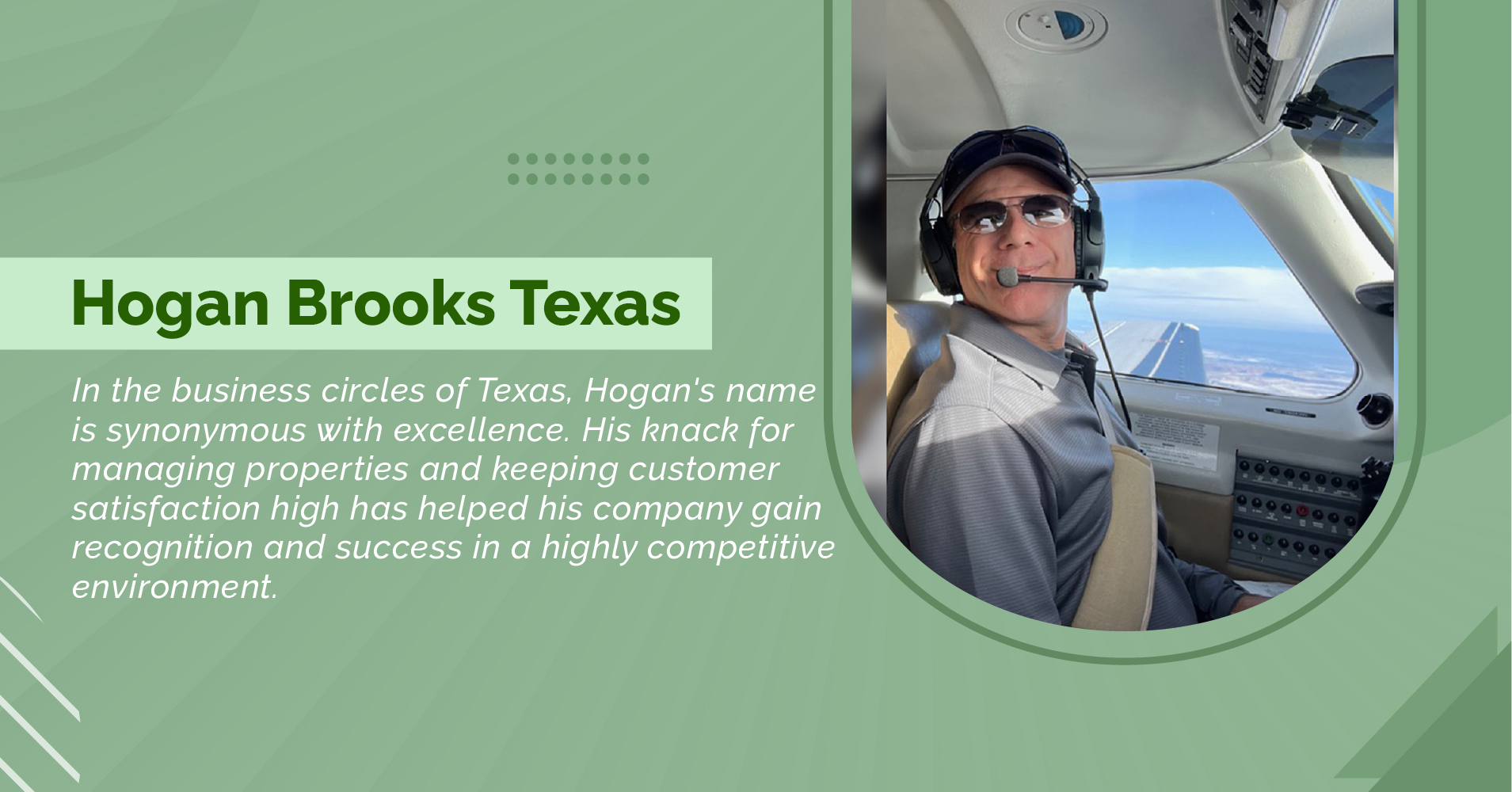
Effective leadership is the cornerstone of any successful organization. Whether in business, politics, or community projects, leaders are the guiding forces that drive progress and innovation. Understanding what makes a leader effective and the challenges they face is crucial for anyone aspiring to take on such roles. This article explores the essential traits of effective leaders and the trials they encounter in their journey.
Vision and Inspiration
One of the fundamental traits of an effective leader is having a clear vision. Leaders must be able to see the bigger picture and understand their organization’s long-term goals. This vision acts as a roadmap, guiding decisions and strategies. However, more than having a vision is required; leaders must inspire others to share in that vision. This requires excellent communication skills, the ability to articulate ideas clearly, and the charisma to motivate and rally people toward common goals.
Integrity and Accountability
Integrity is a non-negotiable trait for any leader. Effective leaders are honest, ethical, and transparent in their actions. They set a standard for their team by demonstrating reliability and consistency. Alongside integrity, accountability is equally important. Leaders must take responsibility for their actions and decisions, acknowledge mistakes, and learn from them. This builds trust within the team and creates a culture of accountability, where everyone feels responsible for their contributions.
Adaptability and Resilience
The ability to adapt to changing circumstances is crucial for effective leadership. In today’s fast-paced world, leaders must be able to pivot strategies quickly and efficiently. Adaptability goes hand-in-hand with resilience. Leaders often face setbacks and failures, and their ability to bounce back and continue moving forward is a testament to their strength. Resilient leaders maintain their composure under pressure and use challenges as opportunities for growth and improvement.
Emotional Intelligence
Emotional intelligence (EI) is the ability to understand and manage one’s emotions and those of others. Leaders with high EI are empathetic, which allows them to connect with their team on a deeper level. They are skilled at navigating interpersonal relationships and can defuse conflicts effectively. Emotional intelligence also involves self-awareness, which helps leaders recognize their strengths and weaknesses and seek personal development opportunities.
Decisiveness and Problem-Solving
Effective leaders are decisive. They can make tough decisions quickly and confidently, even with incomplete information. This decisiveness stems from strong problem-solving skills. Leaders must analyze situations, weigh options, and consider potential outcomes before deciding. Being decisive does not mean being inflexible; leaders should be open to feedback and willing to adjust their decisions when necessary.
Empathy and Compassion
Empathy is another vital trait of effective leaders. Understanding and sharing the feelings of others fosters a supportive and inclusive work environment. Compassionate leaders show genuine concern for the well-being of their team members, which in turn boosts morale and loyalty. By valuing and respecting each individual, leaders create a culture where people feel appreciated and motivated to give their best.
Trials and Challenges
While possessing these traits is essential, effective leaders also face numerous trials. One of the biggest challenges is balancing competing demands. Leaders must juggle multiple responsibilities, including managing teams, meeting organizational goals, and addressing stakeholder concerns. This requires exceptional time management and prioritization skills.
Navigating Uncertainty
Leaders frequently operate in environments of uncertainty. Economic fluctuations, technological advancements, and unexpected crises can all impact an organization. Effective leaders must navigate these uncertainties with confidence and poise, providing stability and direction for their team. This often involves making difficult decisions with limited information and managing the anxiety that comes with unpredictability.
Handling Conflict
Conflict is inevitable in any organization. Effective leaders must be adept at handling disagreements and tensions within their teams. This involves mediating disputes, fostering open communication, and resolving constructive conflict. Leaders who manage conflict effectively create a harmonious work environment where different perspectives are valued.
Maintaining Work-Life Balance
Another significant challenge for leaders is maintaining a healthy work-life balance. The demands of leadership roles can be overwhelming, leading to burnout if not managed properly. Effective leaders recognize the importance of self-care and encourage their team members to do the same. By setting boundaries and prioritizing well-being, leaders can sustain their energy and effectiveness over the long term.
Building and Sustaining Trust
Building and sustaining trust is a continuous process for leaders. Trust is earned through consistent actions, reliability, and integrity. Leaders must communicate openly and honestly, deliver on their promises, and show respect for their team. Sustaining trust also involves being transparent about challenges and involving the team in problem-solving efforts.
Effective leadership is a blend of various traits and the ability to navigate complex challenges. Leaders must be visionary, adaptable, emotionally intelligent, and resilient. They must also face trials such as uncertainty, conflict, and the pressure of maintaining balance. By embodying these traits and overcoming these challenges, leaders can guide their organizations to success and inspire their teams to achieve greatness.